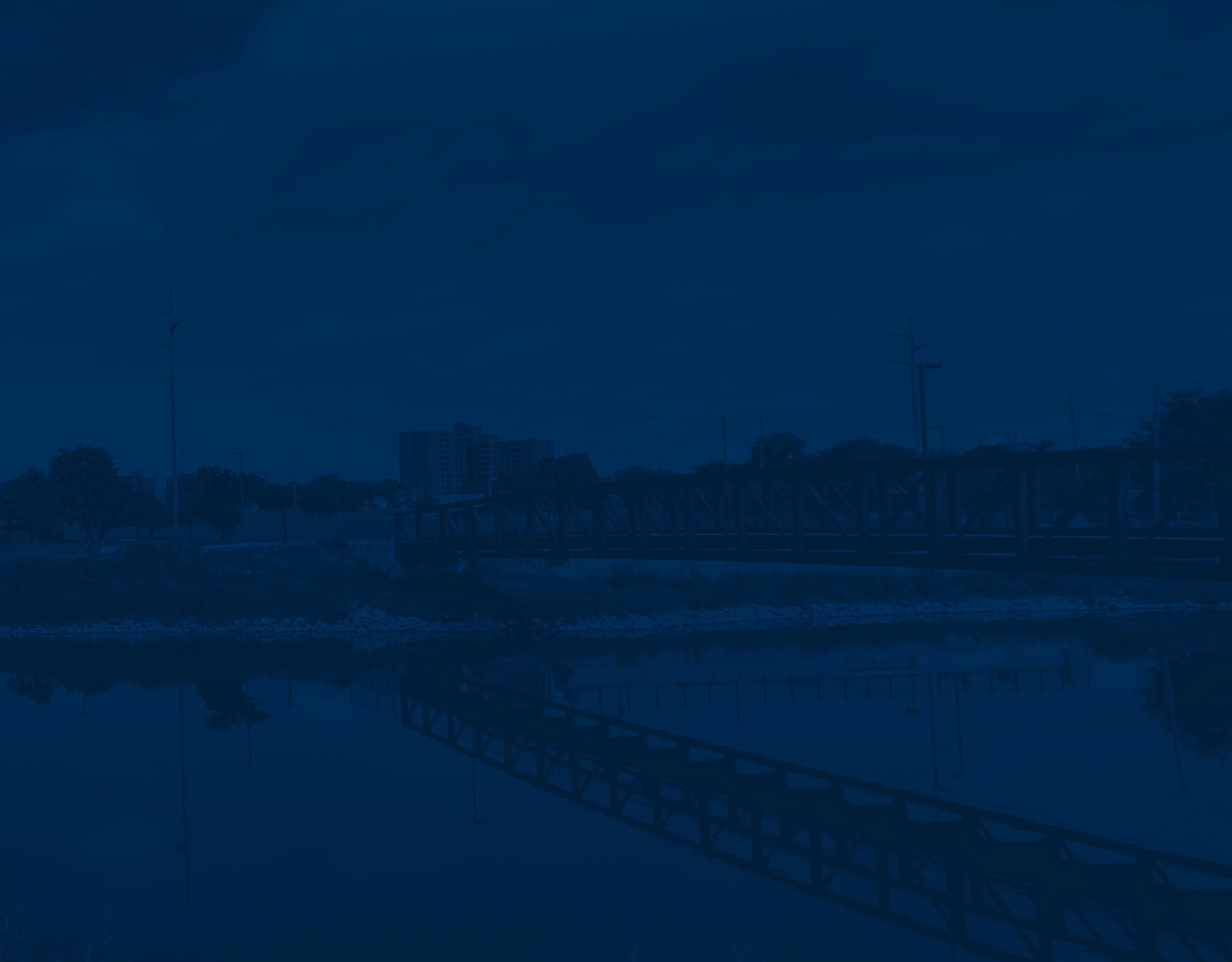Iqbal Symposium

Allama Muhammad Iqbal Symposium on Islamic Thought & Civilization
Members of the Muslim community conceived of the annual Muhammad Iqbal Symposium on Islamic Thought and Civilization in an effort to nurture a deeper understanding of the rich history and living tradition of Islamic thought and civilization and its impact on the world we share.
The series will aim to:
- Appreciate the interconnectedness of world civilization and the impact of Islamic civilization in today’s world.
- Explore the Islamic science of art, philosophy, poetry, humanities, social studies, spirituality, and theology taking into account its ancient precursors and its subsequent influence.
- Understand the history of Islam in the Americas, the evolution of Islam in America, and the contributions of American Muslims.
- Foster interfaith dialogue and explore the place of religion in the American context.
- Examine Islam’s intellectual heritage and its complementary and critical relationship to important strains of Western and Eastern thought.
The Iqbal Symposium is funded through an endowment at the University of Michigan-Flint. If you would like to support this annual symposium through a contribution to the endowment, you can do so by clicking here.
Fourth Annual Iqbal Symposium
We are happy to announce the 4th annual Iqbal Symposium on Islamic Thought & Civilization at UM-Flint. The symposium was conceived of by members of the Muslim community to nurture a deeper understanding of the rich history and living tradition of Islamic thought and civilization and its impact on the world we share. We share a meal together and enjoy a presentation and dialogue with invited guests.
This year, the main event will be Thursday, February 15, 5:30-7:30 p.m., in the Northbank Center’s Grand Ballroom. Our keynote speaker will be Dr. Anne Rasmussen, Professor of Music and Ethnomusicology and Bickers Professor of Middle Eastern Studies at the College of William & Mary. As always, dinner is provided.
Professor Rasmussen’s talk is titled “Techniques of Tilawa: The Power of Islamic Vocal Art in an Indian Ocean World.”
Here’s a description of her talk:
Among scholars and citizens of the Islamicate world, Indonesia is renowned for its rich culture of Qur’anic recitation, for its multi-tiered system of public and private Islamic education, and since 1945, the year of Indonesian independence, for its dynamic interplay of religion, politics, and social life. Les well-documented are the ways in which Islamic performance – from religious ritual to sacred song to pious pop – shapes and publicly articulates individual and community identities. Dynamically illustrated with materials from over 20 years of ethnographic research in the region, Anne K. Rasmussen introduces and explores the meaning and the impact of Islamic vocal forms, most of them rooted in tilawa, the recitation of the Qur’an, with roots that extend deep into Indonesia’s local cultures and branches that extend across the Indian Ocean.
Please click this link to register for the event, mark your calendar, and plan to attend!
About Muhammad Iqbal
Muhammad Iqbal (1877-1938), widely known as Allama Iqbal, was an extraordinary poet and philosopher from South Asia, now Pakistan. He received his advanced education from the University of Cambridge and the University of Munich. He was fluent in English, Persian, Urdu, Punjabi, and Arabic. He was knighted in 1922.
Iqbal considered Jalaluddin Rumi his spiritual teacher, and he was highly influenced by Friedrich Nietzsche. Best known for this articulation of the concept of Self and the reassertion of humanism based in the Islamic tradition, his exceptional command of both Western and Islamic philosophy at the turn of the century placed him in the unique position of blending and critiquing both.
Our Founder
The symposium is the brainchild of Dr. Macksood Aftab. Dr. Aftab is a Harvard-trained neuroradiologist and serves as a clinical assistant professor at Michigan State University, Central Michigan University and AT Still University. He also earned a master’s degree in history of science and is a founding editor for the Journal of Islamic Philosophy. Dr. Aftab, a University of Michigan alumnus, was born and raised in Flint, Michigan. He serves on the board of directors for the American Society of Islamic Philosophy and Theology and the American Muslim Community Services which serve as institutional co-sponsors for the Iqbal Symposium.
